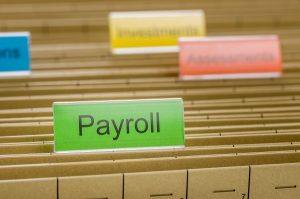Search
How to Resolve a Payroll Tax Dispute

Payroll tax disputes often arise when a worker is paid as an independent contractor, but the IRS or California Employment Development Department (EDD) believes that the worker is an employee. There are some differences between federal and state requirements, but a business will often have to deal with both the IRS and EDD when a worker misclassification problem arises.
The 20-Factor Test
Many employers believe that as long as they have a contract stating that a worker is an independent contractor, they are covered. This is not true. A worker is legally classified as an employee or independent contractor based on the circumstances of the employment relationship.

 Tax Problem Attorney Blog
Tax Problem Attorney Blog














